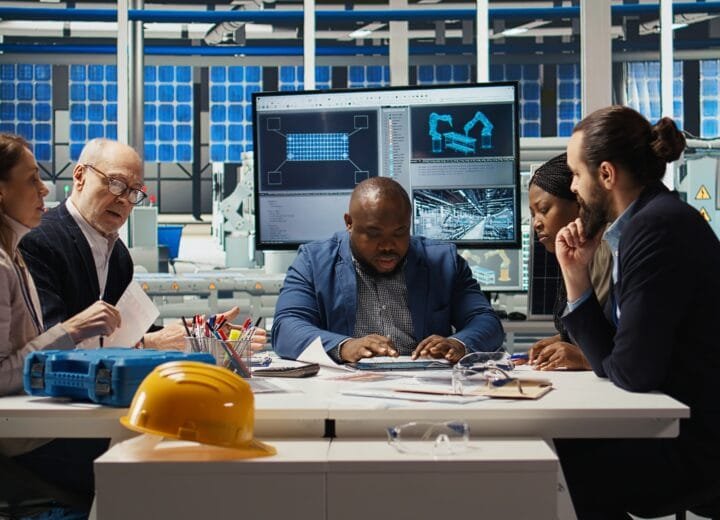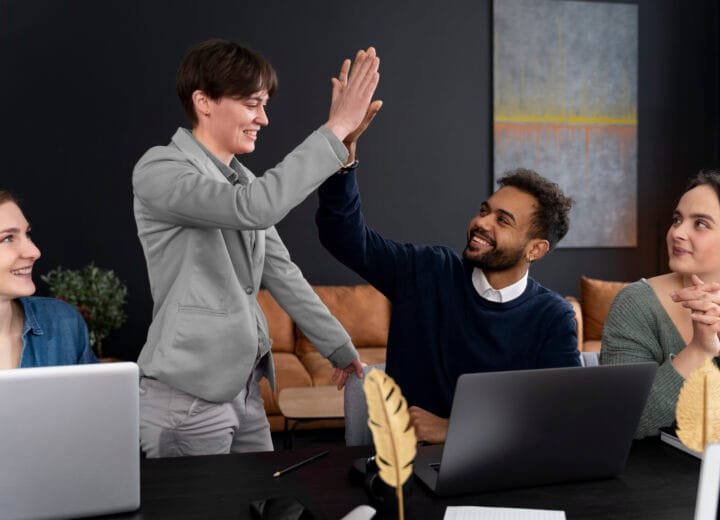There is always a synergy in an effective team. People learn, support and help each other. But in a less effective team, there are always conflicts, clashing agendas, one-way information transfer, and unenthusiastic commitment. So here is the question, what can be done to make your team an effective team?
3 strategies of Build Effective Team
Appreciation
In a team, every individual brings value to the ideas, experiences and skills of others. With that as a primary framework, the focus should not be on proving one’s own perspective. The focus should be on uncovering the true value offered by each team member. This creates a high level of interaction and engagement within a team. People achieve most of the benefits from a team if they seek teammates with complementary strengths.
Every team member should have something to add. If only one member has all the answers, there is no need for a team. It is than when we can benefit from the strengths of others and establish processes for cross-fertilizing ideas and plans with the help of which the team becomes an efficient team. Only then the cross appreciation takes the actual place.
Strengths
It is found that the fit between team roles and the strengths of team members is predictive of both happiness and performance. For example, the successful teams of financial organizations, where one sees a clear division of labour, with few team members focusing on research, others members focusing on portfolio construction and management, and other members on trade execution and position management.
This is not any different from an athletic team, where team members playing at a particular position possess distinctive strengths that suit them for that position. A general rule that has been found among successful teams is that each member has some distinct quality. This is how the strength can be utilized in creating an effective team.
Communication
Soft skill is in high demand in recent times. The main factor that makes teams work effectively is that each member must be able to communicate their ideas & perspectives clearly. A research has found that people working together on a project are more effective than a single person spending all his time doing the same thing. However, without communication, the team members can be of no use.
Teams that communicate effectively complete projects in a quicker and more efficient time, they are more accurate in their work than others. Effective communication also allows members to understand their roles as well as roles of other team members. It also builds understanding among the team members of what needs to be done. This helps the team to be more effective.
Hence, an effective team is only possible when every member is appreciated, they use the appropriate strength of the member in the team and there is effective communication within the team.
Written & Compiled by Faber Priyal & Faber Mayuri



